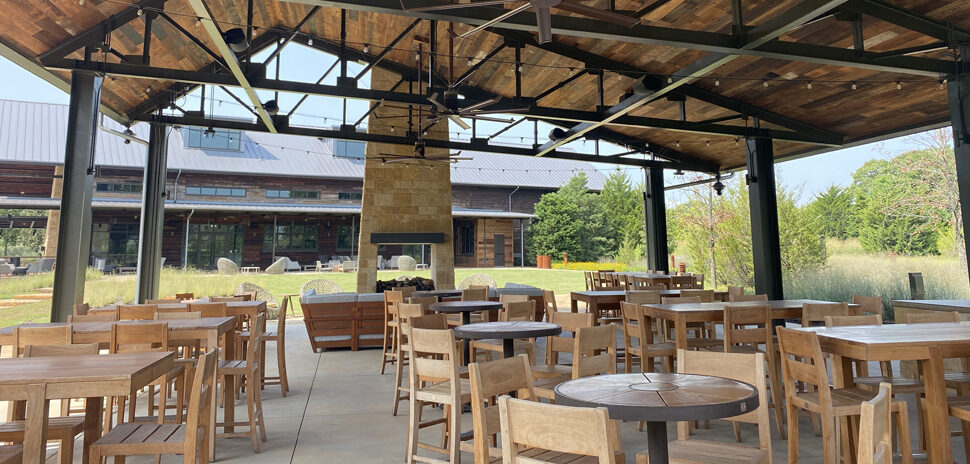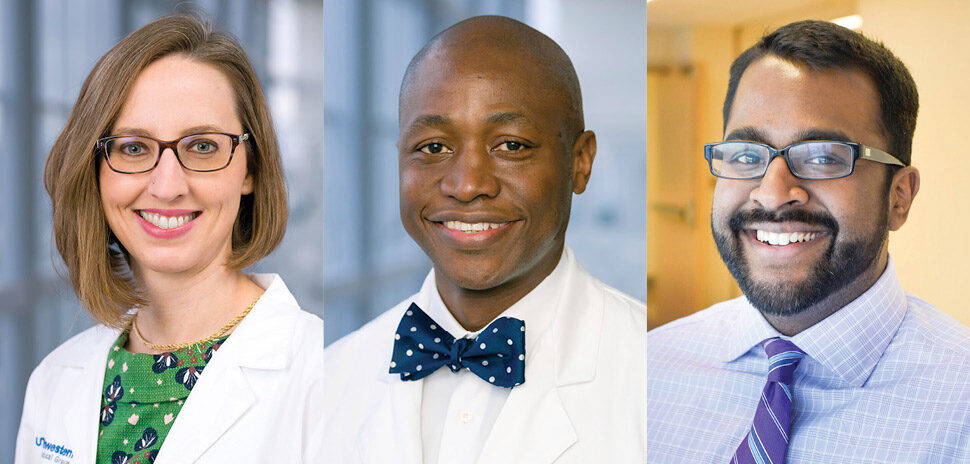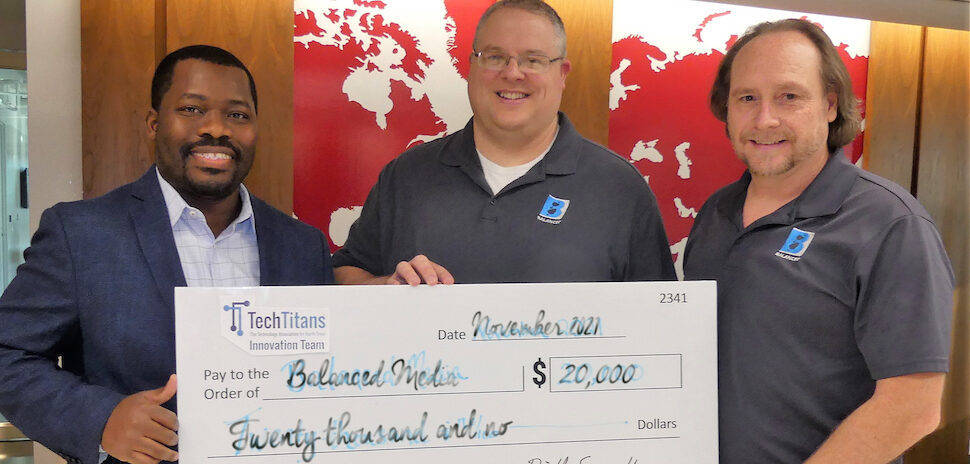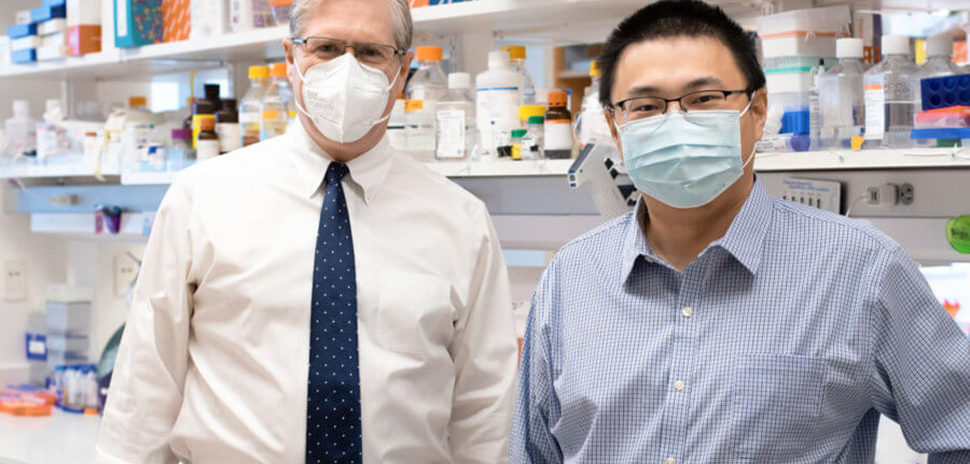PROF ASKS WHICH ROCK WILL STAR AS NUCLEAR WASTE BARRIER
![]() A professor at the University of Texas at Arlington is doing research into which rock materials provide the best barriers to isolate nuclear waste in long-term repositories.
A professor at the University of Texas at Arlington is doing research into which rock materials provide the best barriers to isolate nuclear waste in long-term repositories.

Max Hu
“Max” Qinhong Hu, associate professor of earth and environmental sciences, is researching the physical and chemical processes by which fluids and radioactive atoms move through various rock formations, UT Arlington said in a release.
Hu recently won a three-year, $567,831 grant from the U.S. Department of Energy’s Nuclear Energy University Program to examine six different kinds of low-permeable rock formations—including clay and granite—as possible barrier materials.
“We need to be sure that we have chosen the materials that are most appropriate, that will be least affected by leakage from the nuclear containers, as well as from weather events that result in liquid seepage,” Hu said in the release.
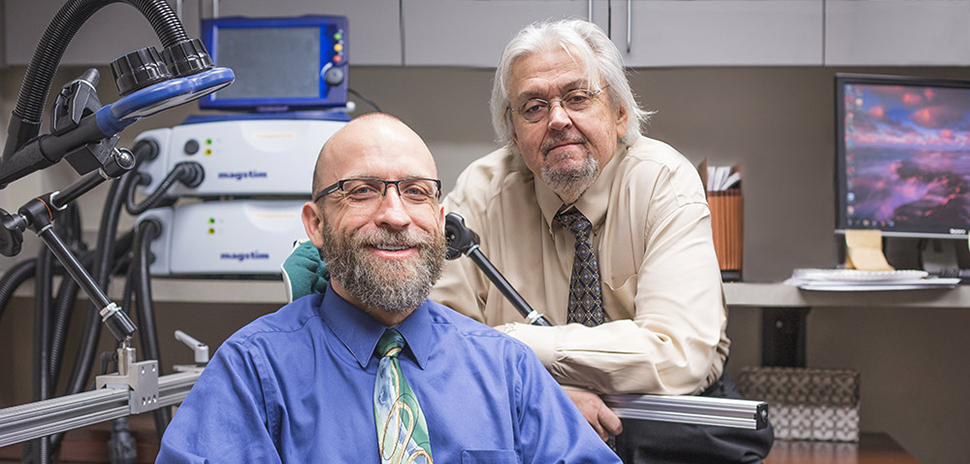
Dr. Michael Motes (left) and Dr. John Hart Jr., along with other researchers at UT Dallas, discovered that repetitive transcranial magnetic stimulation boosted the effectiveness of cognitive processing therapy for post-traumatic stress disorder. (Photo Courtesy: UT Dallas]
UTD TEAM GETS $7.4M GRANT TO STUDY NOVEL PTSD TREATMENT
The U.S. Department of Defense has presented a $7.4 million grant to a team at the University of Texas at Dallas led by John Hart Jr. for a multi-site study on a novel treatment protocol for post-traumatic stress disorder.
UTD said the grant comes four months after the publication of the team’s Journal of Affective Study that indicated that cognitive processing therapy (CPT) for PTSD is more effective when it is paired with repetitive transcranial magnetic stimulation (rTMS). We wrote about that in a previous Discovery.
Now, the team will be able to prove the protocol’s worth, and it is looking for up to 330 military veterans with combat-related PTSD for the study that will include rTMS and CPT.
You can read more about the research and the grant here.

Scientists at UT Southwestern used CRISPR gene editing to halt the progression of Duchenne muscular dystrophy in dogs. The images illustrate dystrophin (in green) in a healthy diaphragm muscle (left), absence of dystrophin in a dog with DMD (center), and restoration of dystrophin in dogs treated with CRISPR (right). [Photo Courtesy UT Southwestern]
SCIENTISTS MAKE ADVANCEMENT IN DUCHENNE MUSCULAR DYSTROPHY TREATMENT
Research conducted by scientists at UT Southwestern Medical Center has shown that the CRISPR gene editing technique may lead to a lifesaving treatment for patients with Duchenne muscular dystrophy.
“Children with DMD often die either because their heart loses the strength to pump, or their diaphragm becomes too weak to breathe.”
Dr. Eric Olson
For the first time, scientists used the technique to halt the progression of Duchenne muscular dystrophy in a large mammal, according to a study published in the journal, Science. The study documents what it called “unprecedented improvement” in the muscle fibers of dogs with DMD—the most-common fatal genetic disease in children. No effective treatment exists for the disease.
It’s caused by a mutation that inhibits the production of dystrophin, a protein that is critical for muscle function, and the researchers used a single-cut gene-editing technique to restore dystrophin in muscle and heart tissue by up to 92 percent of normal levels, UT Southwestern said in a release.
“Children with DMD often die either because their heart loses the strength to pump, or their diaphragm becomes too weak to breathe,” said Dr. Eric Olson, director of UT Southwestern’s Hamon Center for Regenerative Science and Medicine. “This encouraging level of dystrophin expression would hopefully prevent that from happening.”
What is CRISPR? It’s technology that is a simple, but powerful tool for editing genomes.
OTHER RESEARCH
Dallas-based non-opioid drug development firm CerSci Therapeutics has received a $220,000 grant from the National Institute of Neurological and Stroke of the National Institutes of Health to support the pre-clinical development of novel, proprietary small-molecules for the treatment of migraines. CerSci Chief Scientific Officer Scott L. Dax said the NIH support helps “fuel the CerSci mission of developing new therapeutics to treat pain by thwarting processes that lead to neuronal sensitization.”
You’ve probably seen scenes in movies where the combatants are jamming or otherwise interfering with each other’s communications. Dallas-based Astrapi Corp., a pioneer in spiral-based signal modulation, has been selected by the U.S. Air Force for a research grant to determine if the company’s technology—which is resistant to interference—could work in reducing that challenge during wartime operations. It seems the Air Force is interested in looking at technological area and solutions that have shown to be effective in commercial application, to determine if they meet wartime needs of the military.
#DallasDiscovers: Follow our roundup of Dallas-Fort Worth R&D news on Twitter at @DallasInnovates.
READ NEXT
https://dallasinnovates.com/discovery-seeds-oil-could-top-notch-lubricant-repairing-damaged-hearts-with-hydrogel/
![]()



